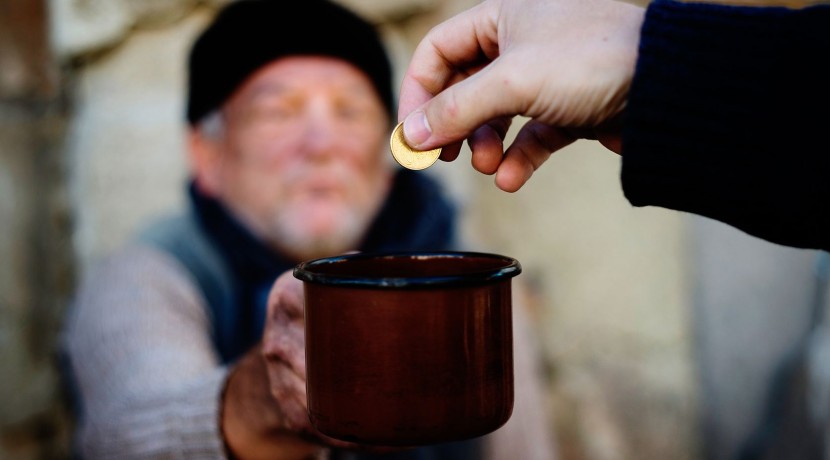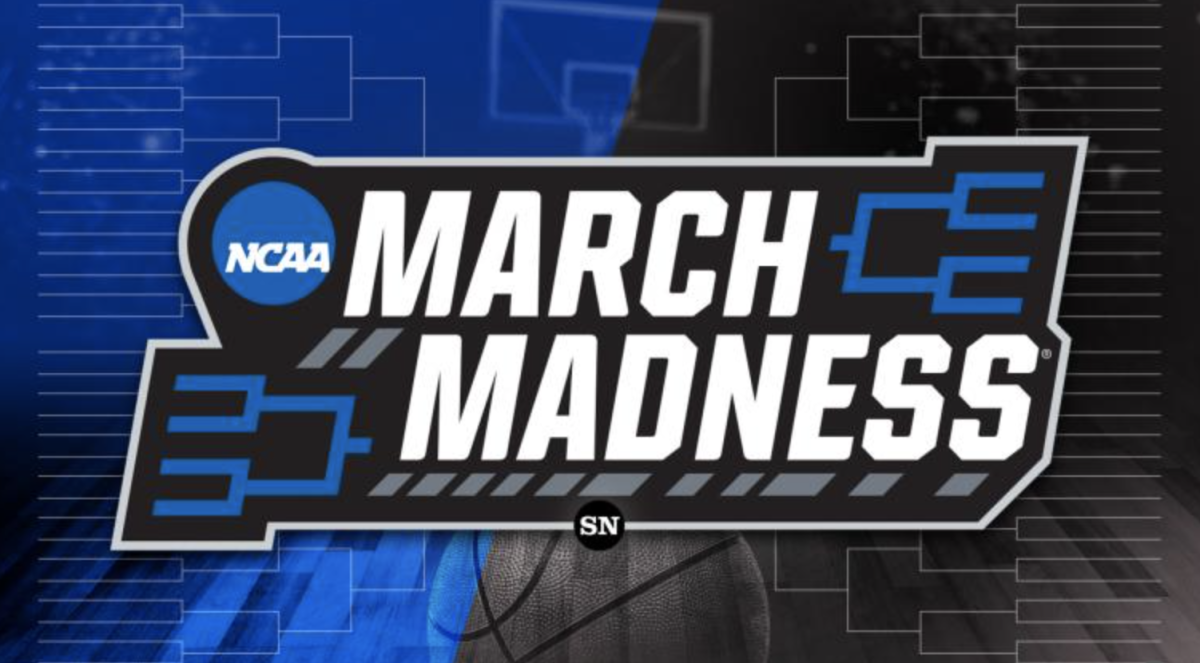By Will Frankel ’17, Op/Ed Editor
The University School administration currently requires every student to complete 15 hours of personal service to a charitable cause each school year. This requirement is admirable: it ensures that US students, of a disproportionately privileged background, do something to make the lives of others meaningfully better. However, in the pursuit of helping others, the current system of required hours of service means that students will necessarily not be doing as much good as they could, should the requirement be subtly changed.
The main flaw of the current system is that it fails the test of effective altruism. Put simply, when we do good, we should try to do as much good as we can. This means choosing our causes of devotion wisely. By requiring an hour-based, communal focus, the current system of requirements focuses students on causes that do less total good then the maximum potential for benefit our service could do. The current system directs students to causes that are close to their own community. Indeed, it is impossible for US students to travel much beyond our own Cleveland bubble when they do charitable good, baring expensive plane tickets. In doing so, students are prevented from helping humanity in the more effective ways.
This brings us to one of the most difficult, yet important, realizations about charity: it is usually more impactful to help those in developing countries than the poor of our neighborhood. Philosopher Peter Singer notes, “It makes no difference whether the person I can help is a neighbor’s child ten yards away from me or a Bengali whose name I shall never know, ten thousand miles away… The moral point of view requires us to look beyond the interests of our own society… the prevention of the starvation of millions of people outside our society must be considered at least as pressing as the upholding of property norms within our society.”
Indeed, the good that a US student can do by donating to a charity that prevents and treats HIV/AIDS among African Children is unquestionably greater then giving the same to a charity that helps children in East Cleveland. When I have a dollar to give, I can do more good by donating it to a charity that prevents diseases in Malawi or Congo than I can by giving time to education for poor communities in Cleveland, by the simple virtue that those in with diseases in developing countries are in greater human need. It is easiest for us to think first about suffering that goes on closest to us, but efficiency, and indeed morality, in the 21st century give little respect to geography.
This is not just conjecture; it is statistical reality. The charity evaluator, “Givewell” attempts to quantify how much good can be done through a donation to any given charity based on metrics such as “dollars per lives saved” and “dollars per poverty reduced”. Of Givewell’s approved, top rated charities in the world, every single one is an initiative to help people in developing countries. The numbers back up the theory; we do more good when we focus on developing countries.
Thus, when the administration makes each student do 15 hours of “community” service, it puts a direct limitation on the good students do. While one of the programs that we are encouraged to volunteer for, such as tutoring at underfunded schools, undoubtedly does a substantial good for the children of that school, a charitable requirement that focuses students on causes in developing countries would simply help the world more. Thus, a system that, rather than requiring 15 hours of service, requires 15 hours of work for money, that would all be donated to causes in the developing world, would mean US students are helping the world more, the ultimate goal of charity.
The fact that we cannot see suffering in other areas of the world does not mean it is not occurring. The life of a Liberian living on less than $1 a day has the same value as the life of a Clevelander who may not have an ideal education. We should help whichever person needs our help the most.
Similarly, when we make donations or offer our time to a cause, we ought not do so for ourselves, or our community, but for those who receive our charity. Service is not about oneself, or even the lessons one gleans from it. It is about improving the world around us. Frankly, what a student gets out of giving is meaningless when compared to that student helping those in suffering as much as he can.
I dream of a day when US students passionately research to know, “what can my 15 hours do to help the world?” If they did so, and the administration followed their lead, the inevitable conclusion would be a change to our service requirement to help those who most need help.







